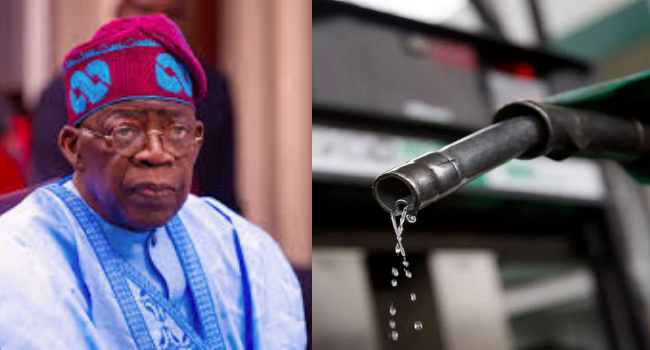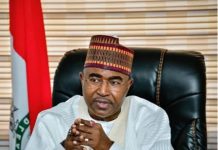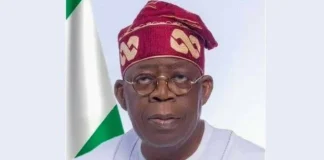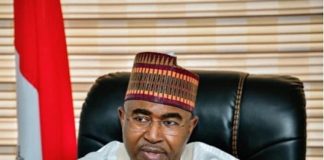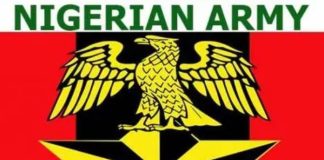🌿 Ruzu Non-Alcoholic Herbal Bitters
Ruzu Non-Alcoholic Herbal Bitters is a natural health supplement specially formulated to:
- ✅ Promote general wellness
- ✅ Detoxify the body
- ✅ Support the treatment of various ailments
Made from a powerful blend of 100% organic and medicinal herbs, Ruzu is completely alcohol-free, making it ideal for:
- 👪 All age groups
- 🌱 Health-conscious individuals
- 🌿 Anyone seeking non-alcoholic herbal remedies
Whether you're looking to boost your vitality, cleanse your system, or support healing the natural way, Ruzu Bitters offers a trusted herbal solution.
Nigerian imports of gasoline and diesel will now be subject to a 15% ad valorem import charge, as agreed by President Bola Tinubu.
Pump prices would probably increase as a result of the plan, which aims to stabilize the downstream market and safeguard regional refineries.
In a letter to the Federal Inland Revenue Service and the Nigerian Midstream and Downstream Petroleum Regulatory Authority dated October 21, 2025, which was made public on October 30, 2025, Tinubu ordered the tariff to be implemented immediately as part of what the government called a “market-responsive import tariff framework.”
The letter, which our correspondent received on Wednesday and was signed by his private secretary, Damilotun Aderemi, expressed the President’s acceptance of a suggestion made by FIRS Executive Chairman Zacch Adedeji.
In order to bring import costs into line with the reality of the domestic market, the proposal called for the implementation of a 15% tariff on the cost, insurance, and freight value of imported gasoline and diesel.
In accordance with the administration’s Renewed Hope Agenda for energy security and fiscal sustainability, Adedeji clarified in his message to the President that the action was a component of ongoing reforms to support local refining, guarantee price stability, and fortify the naira-based oil economy.
“This initiative’s main goals are to increase local refining capacity, operationalize crude transactions in local currency, and guarantee a steady, reasonably priced supply of petroleum products throughout Nigeria,” Adedeji said.
The head of FIRS further cautioned that market instability is a result of the current mismatch between import parity pricing and locally refined goods.
“Price instability persists, partly due to the misalignment between local refiners and marketers, even though domestic petrol refining has begun to increase and diesel sufficiency has been achieved,” he said.
He pointed out that the standard for setting pump prices, import parity pricing, frequently falls short of local manufacturers’ cost recovery levels, especially during variations in freight and foreign exchange, placing pressure on newly established domestic refineries.
“To protect consumers and domestic producers from unfair pricing practices and collusion, while ensuring a level playing field for refiners to recover costs and attract investments” is now the government’s “twofold” role, according to Adedeji.
He maintained that a fair and competitive downstream environment would be promoted by the new tariff regime, which would deter duty-free gasoline imports from undercutting domestic manufacturers.
The letter’s estimations indicate that the 15% import charge might raise the landing cost of gasoline by an estimated N99.72 per litre.
“This reflects an increase of around 99.72 per litre at current CIF levels, which pushes imported landing costs near local cost-recovery without restricting supply or raising consumer prices above reasonable boundaries. The anticipated Lagos pump costs would still be substantially lower than regional averages like Senegal ($1.76 per litre), Cote d’Ivoire ($1.52 per litre), and Ghana ($1.37 per litre) even after this modification, staying in the range of N964.72 per litre ($0.62).
The strategy is implemented as Nigeria steps up attempts to increase domestic refining and lessen its reliance on imported petroleum products.
While modular refineries in the states of Edo, Rivers, and Imo have begun small-scale gasoline refining, the 650,000 barrels-per-day Dangote Refinery in Lagos has started producing diesel and aviation fuel.
Nevertheless, up to 67% of the country’s gasoline needs are still met by imports despite these improvements.

